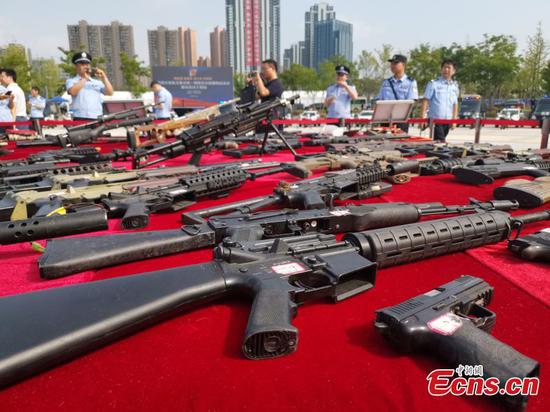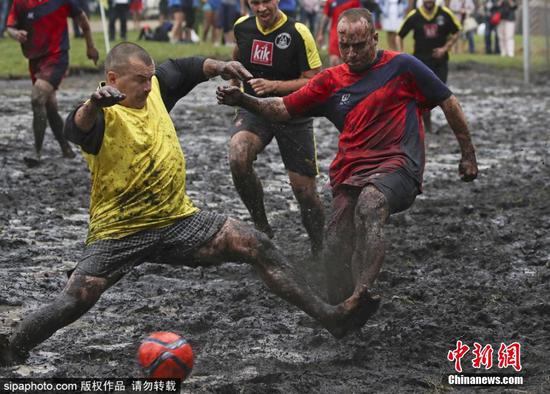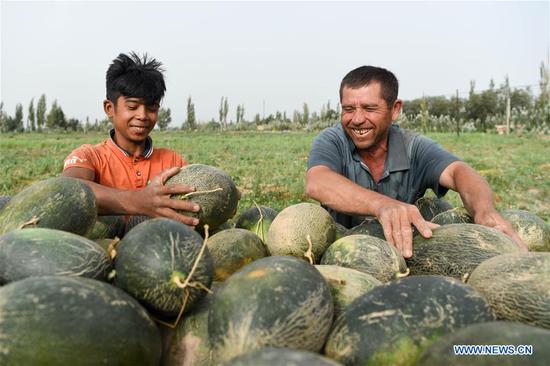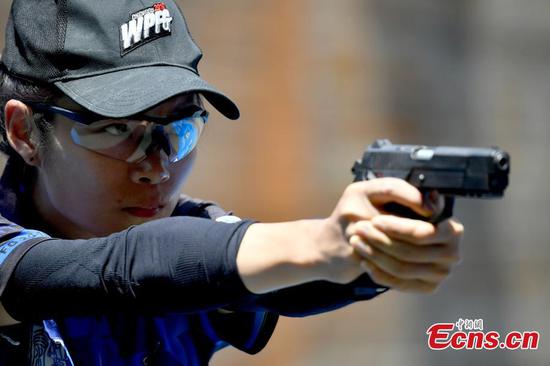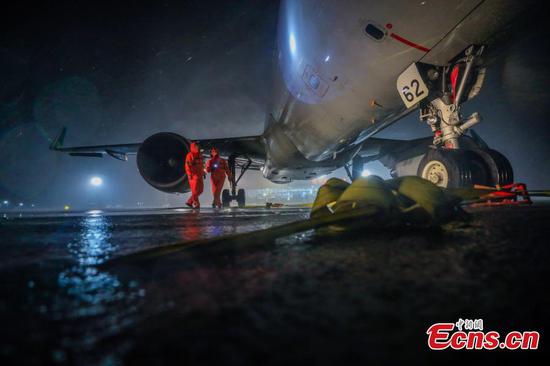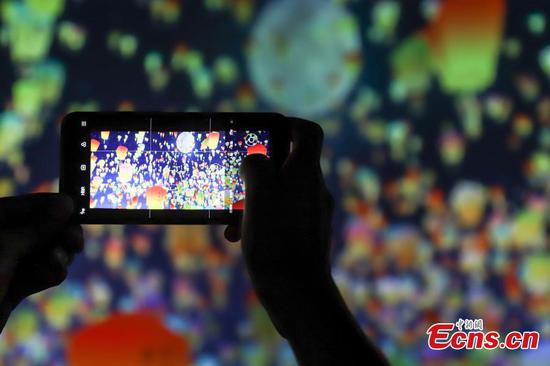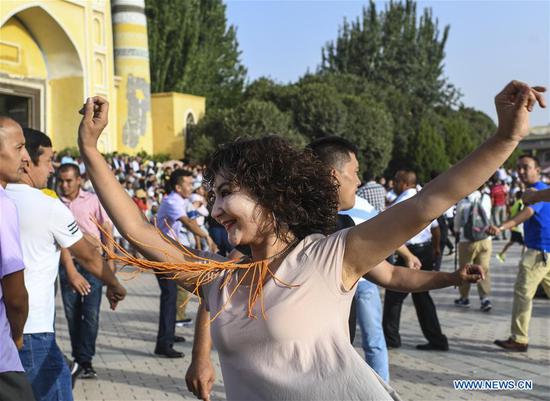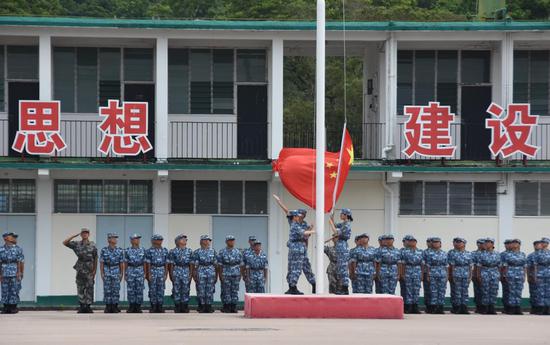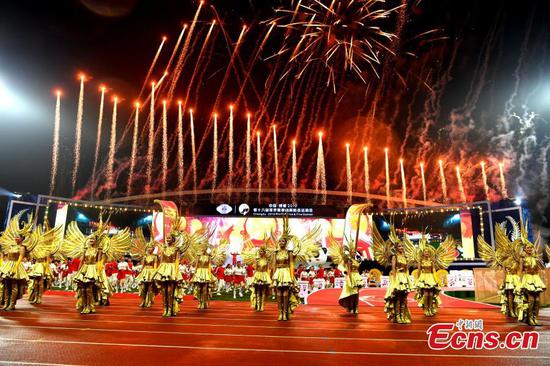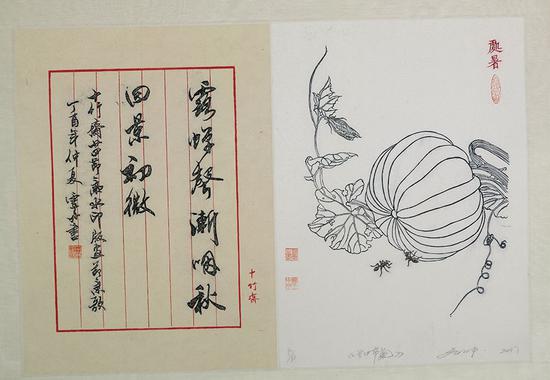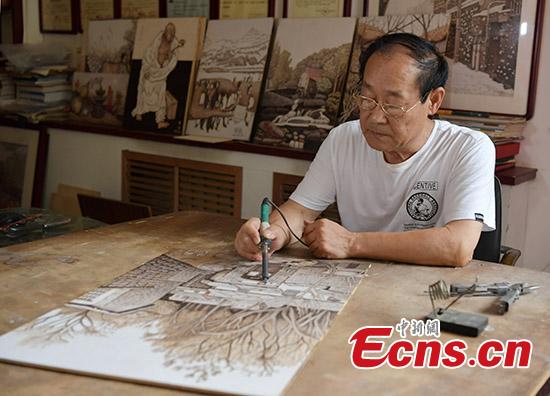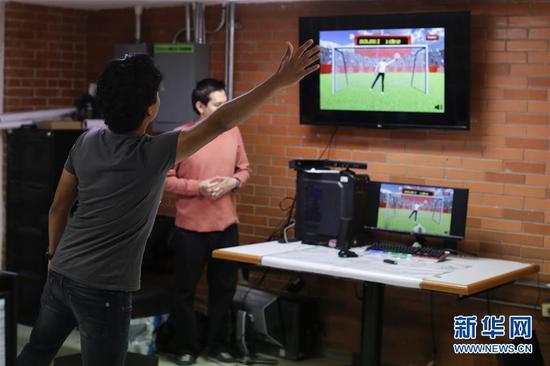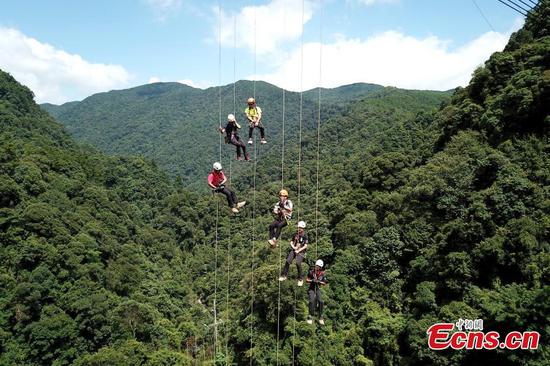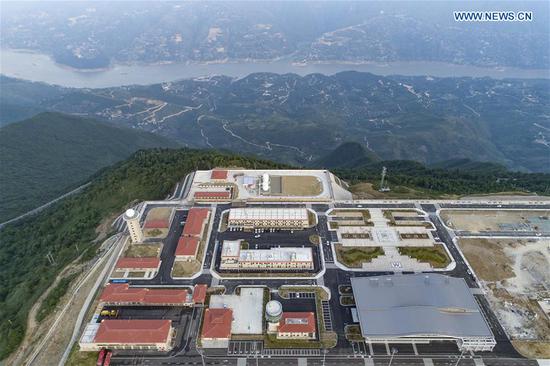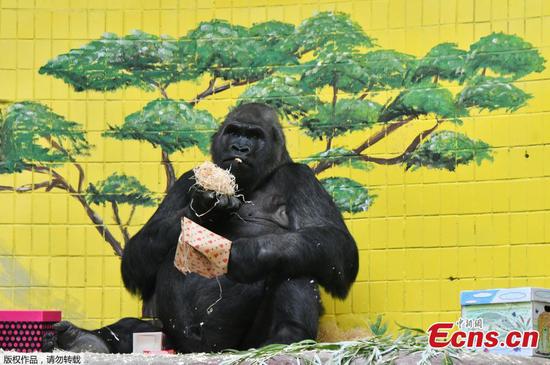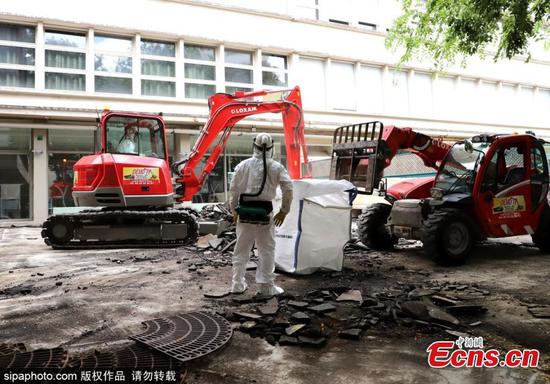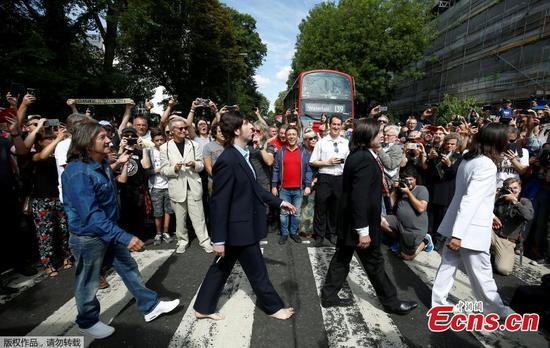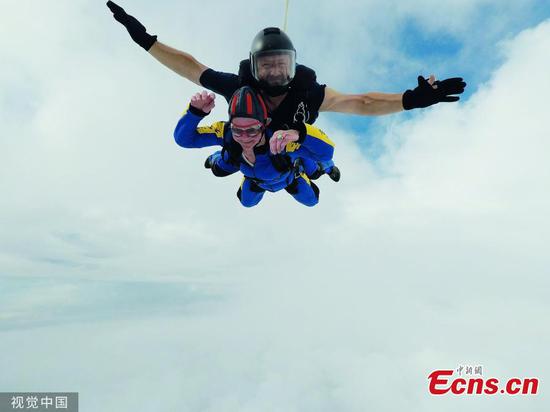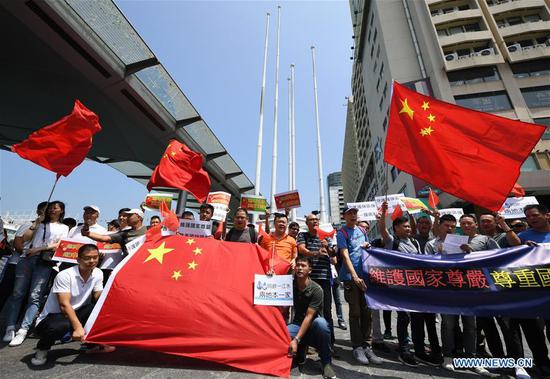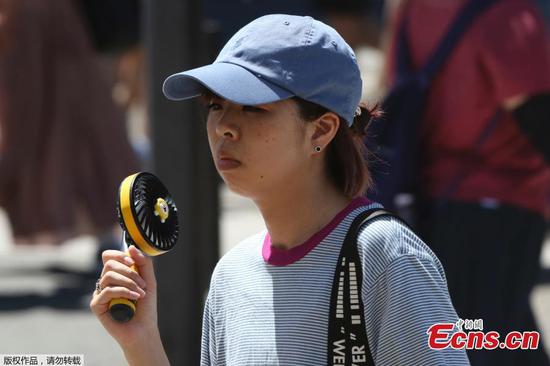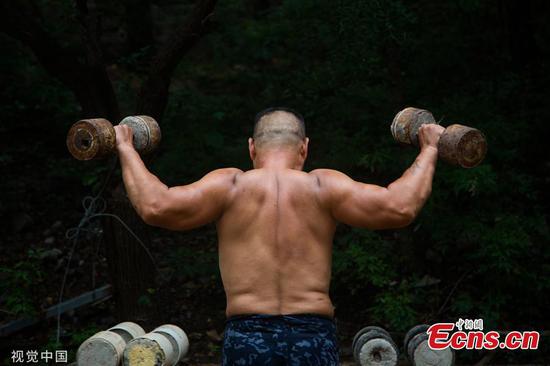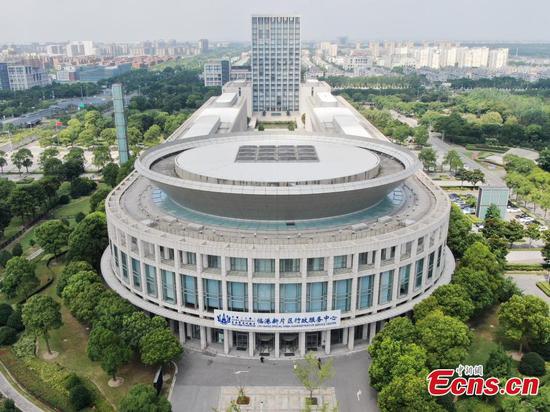Huawei has aimed greater than 5G and has set its sights on the artificial intelligence (AI) industry, said the founder of the best known Chinese tech giant.
The Chinese company has confidence it will withstand relentless attacks from the U.S. government, said Ren Zhengfei, founder and CEO of Huawei, on July 31 during an internal conference, according to an email seen by the Global Times.
"5G is a side dish while AI is the main dish, which will be the core strategic development for Huawei," said Ren.
"The development of AI needs the support of supercomputing, super-large capacity data storage and super-speed connection. The U.S. has supercomputers and super storage, but it doesn't have super-speed connections due to an inadequate fiber optic network, which makes the U.S. a step behind in the AI industry," Ren added.
The U.S.' dire situation could go even worse, as it fails to use the most advanced 5G technology to support its industrial development. The 5G network is a tool that offers high bandwidth, low latency and supports AI research and development, said Ren, who compared 5G and AI to a screwdriver and a car, saying that "a screwdriver can make a car, but it is not a car."
Since Huawei has set its targets on developing the AI sector, it is confident it will survive the U.S. restrictions and any resultant hit. "Huawei is trying its best to stay alive and is now hurt by the most powerful country in the world, but we will not be destroyed by the U.S.," said Ren.
"We will not only survive, we will win in the end," the Huawei founder declared to all the company's employees. "How the Steel Was Tempered, how our staff is tempered amid U.S. pressure," Ren told Huawei employees.
"Huawei is facing some difficulties, but we are not doomed. We are suffering the pain, but we will head to victory," he said.
Ren vowed that Huawei will draw more talented people to its research and development team that can make the company achieve even greater victories in the coming five years.
The company will continue attracting global talented people with high payments so that more people will gather to advance its research and development.
For instance, Huawei paid 15 million rubles ($229,800) to three talented undergraduate students who had won at the ASC Student Supercomputer Challenge. In July, Huawei offered an annual salary of up to 2 million yuan ($290,000) to eight PhD graduates and talents from home and abroad.
Besides introducing new talent, Huawei also raised the salaries of its giant crops of scientists. The tech giant now has more than 700 mathematicians, 800 physicists and 120 chemists, in addition to a team of 15,000 experienced researchers.
Huawei launched its much-anticipated self-developed operating system, HarmonyOS on Friday. It marks the world's first microkernel-based distributed operating system, a possible replacement of Google's Android and Microsoft's Window systems.










